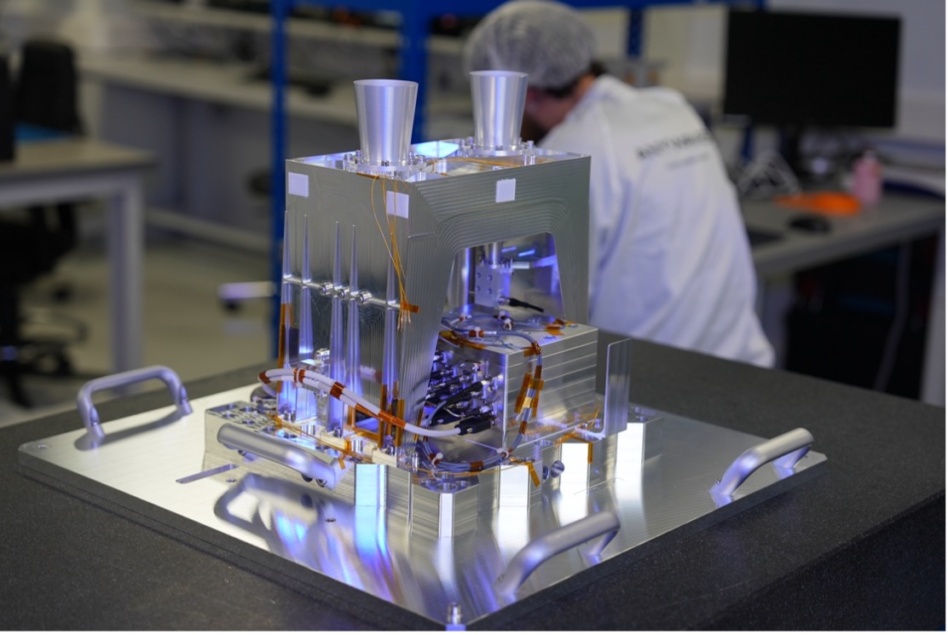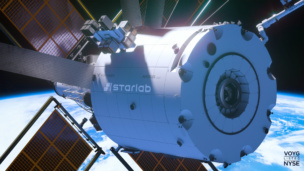Constellation Technologies and Operations (CTO), a Paris-based startup attempting to build a constellation of VLEO telecom satellites, announced its first tech demo flight aboard a D-Orbit ION sat launching in June.
The company will fly the world’s first regenerative 5G mmWave communications payload to space that aims to offer 150 megabit per second downlink and 50 megabit per second uplink services.
The tech: CTO’s 5G mmWave payload will take advantage of the underutilized 26 GHz radio frequency to provide high-speed data transmission to terrestrial telecom operators.
These operational choices provide the company with a few key benefits:
- As opposed to the lower frequency C-band and Ka-band, or the higher frequency Ku-band, CTO is betting that its 26 GHz frequency will provide an unsaturated spectrum for its future customers.
- VLEO’s proximity to end users on Earth allows for higher-speed, lower-latency connectivity.
- VLEO offers a less radiative environment, allowing CTO to take advantage of COTS components, further reducing the cost of its satellites.
The company is planning a total constellation of 1,500-3,400 sats. The first two are expected to launch as early as next year with the rest flying between 2027 and 2030.
The model: While SpaceX’s Starlink and Amazon’s Kuiper are attempting to dethrone terrestrial telecom companies and offer services from their megaconstellations direct-to-consumers, CTO has taken the opposite approach.
The idea is to provide terrestrial telecom operators with shared access to space-based telecom services operated by CTO. In return CTO gets access to terrestrial telecoms’ billions-strong customer bases.
“It doesn’t make sense for a telecom operator to deploy their own constellation. We are the one, through a kind of federative approach, designing, manufacturing and operating that neutral space infrastructure,” CTO CEO Charles Delfieux told Payload. “Basically a telecom operator will operate at any given time a share of the network capacity that [our] constellation represents.”




